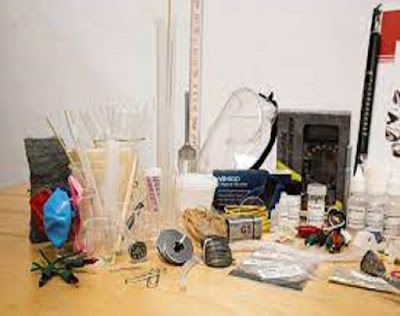Physical Forensics Lab | Best Physical Evidence In Forensic Science
Physical Forensics Lab is a laboratory which is involved in the examination of physical evidence. It may be either a crime scene or any other place where there are traces of blood, hair, fibers, or other physical evidence.
Physical forensics is a branch of forensic science in which the evidence found at the crime scene is examined. This branch of forensics involves three components: criminalistics (the study of physical evidence), trace evidence (the study of what can be found on people, clothes and objects) and firearms identification (the study of bullets and shell casings).The best physical evidence in forensic science is DNA. DNA stands for deoxyribonucleic acid and it contains genetic information that's unique to every individual. The use of DNA as an investigative tool has grown exponentially over time.
Physical evidence is a significant part of forensic science. It can be used to solve a crime, identify an individual and provide information about the crime.
A physical forensics lab is a laboratory that specializes in analyzing physical evidence. They are often used by law enforcement agencies to collect, analyze and present
evidence.
The best physical evidence in forensic science is hard to determine because it depends on the case and what was collected at the scene of the crime.
Physical Forensics Lab is the laboratory that deals with physical evidence. The best physical evidence in forensic science is the one that has been collected, preserved and analyzed in a proper way.
We should not forget the importance of preserving physical evidence so that it can be used for a long time to come. For example, if we want to use blood as an evidence, then we should make sure that it is preserved in a proper way as soon as possible after its collection.
The best physical evidence in forensic science is hard to determine because it depends on the case and what was collected at the scene of the crime.
Physical Forensics Lab is the laboratory that deals with physical evidence. The best physical evidence in forensic science is the one that has been collected, preserved and analyzed in a proper way.
We should not forget the importance of preserving physical evidence so that it can be used for a long time to come. For example, if we want to use blood as an evidence, then we should make sure that it is preserved in a proper way as soon as possible after its collection.




Comments
Post a Comment